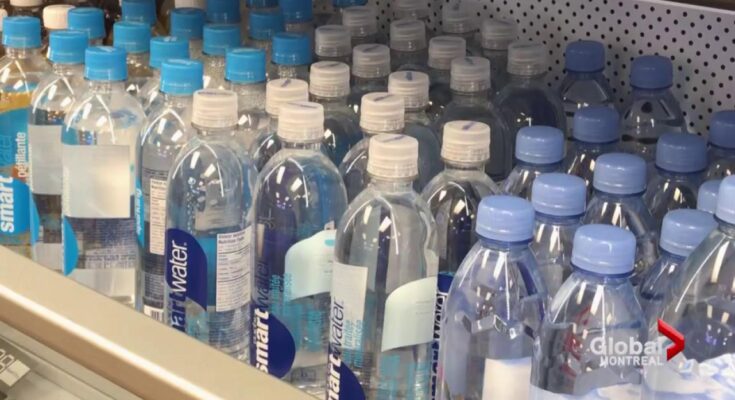Refilling plastic water bottles for future use is a typical practice among those who own these ubiquitous home items. Reusing plastic water bottles is not recommended for a number of reasons, so it might not be as innocent as it first appears. The main arguments against reusing plastic water bottles as well as any possible hazards involved will be discussed in this article.
1. Health Risks: One of the main reasons to avoid reusing plastic water bottles is the potential health risks associated with it. When you refill old plastic bottles multiple times, they can become a breeding ground for bacteria and other microorganisms, which can contaminate the water inside. Drinking water contaminated with harmful bacteria can lead to gastrointestinal issues, stomach upset, and even more serious illnesses.
2. Chemical Leaching: Plastic water bottles are made from polyethylene terephthalate (PET) or other types of plastic, which may contain harmful chemicals such as phthalates, bisphenol A (BPA), and antimony. When these bottles are reused and exposed to heat or sunlight, the plastic can degrade, causing chemicals to leach into the water. Consuming water contaminated with these chemicals can have adverse effects on your health, including hormone disruption, reproductive problems, and increased risk of certain cancers.
3. Environmental Impact: Reusing plastic water bottles can be harmful to the environment in addition to the health dangers. Reusing plastic bottles adds to the amount of plastic garbage that ends up in landfills and the ocean, which is a serious environmental concern. Plastic poses a threat to ecosystems and wildlife because it takes hundreds of years for it to break down and release toxic toxins into the atmosphere.
4. Reduced Structural Integrity: Plastic water bottles are designed for single use and may not be durable enough to withstand repeated use. Over time, the plastic can degrade, leading to cracks, scratches, and other damage that can compromise the structural integrity of the bottle. This can make it more difficult to clean and sanitize the bottle effectively, increasing the risk of bacterial contamination.
5. Potential Mold Growth: Mold development is an additional issue with reusing plastic water bottles. Mold and mildew may be able to grow within the bottle due to moisture and organic matter from saliva or leftover drinks. Drinking water from a moldy bottle can lead to respiratory troubles, allergic reactions, and other health concerns.
6. Lack of Sanitization: Even if you wash and rinse plastic water bottles between uses, it can be challenging to fully sanitize them, especially in hard-to-reach areas like the bottle’s neck and cap. Residual bacteria and germs may remain on the surface of the bottle, increasing the risk of contamination with each reuse. Additionally, washing plastic bottles with hot water or harsh chemicals can accelerate plastic degradation and chemical leaching.
Conclusion: While it may seem convenient to reuse plastic water bottles, it’s essential to consider the potential risks to your health and the environment. Instead of reusing disposable plastic bottles, consider investing in a reusable stainless steel or glass water bottle, which is more durable, eco-friendly, and safe for long-term use. By making this simple switch, you can help protect your health and the planet for future generations.

